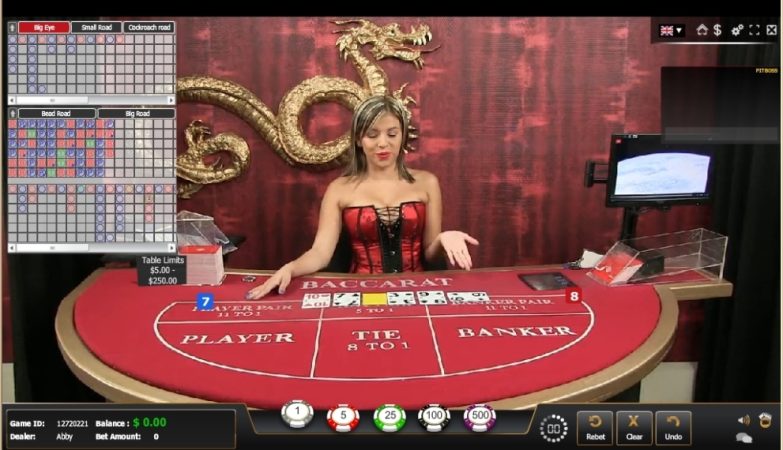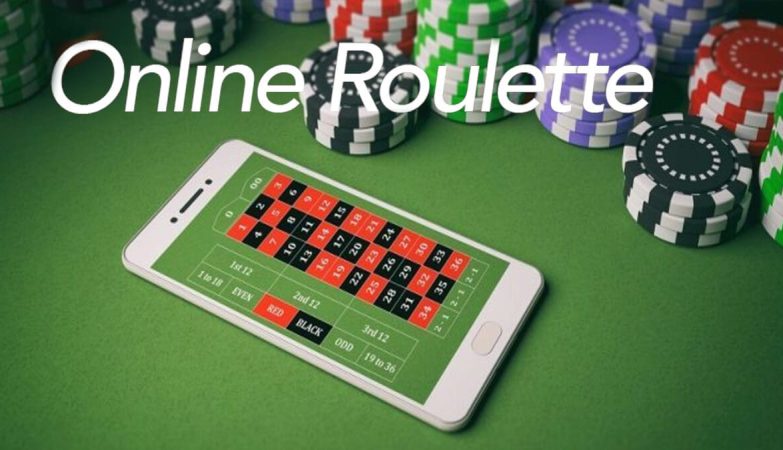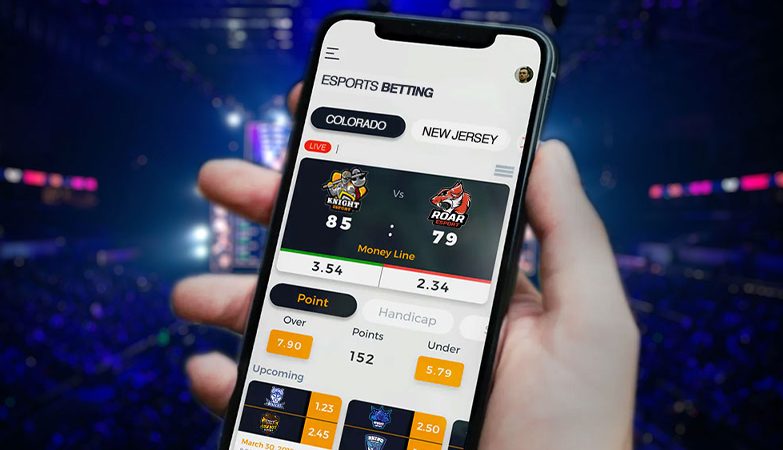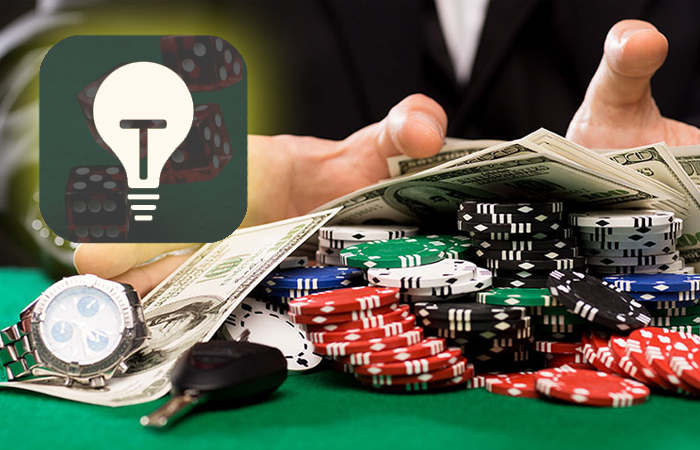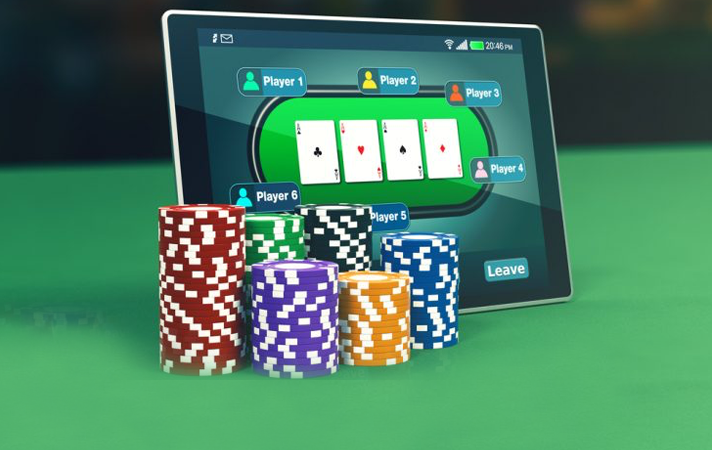Rummy tournaments are exciting, competitive events where players from all around the world come together to test their skills and win big prizes. Whether you’re a beginner or an experienced player, mastering the strategies and tips of tournament play can significantly improve your chances of success. In this guide, we’ll explore how to play rummy tournaments like a pro, from understanding the rules to perfecting your strategies and maintaining mental focus.
- Understand the Rules of the Tournament
Before entering any rummy tournament, it’s essential to understand the specific rules and structure of the event. Tournaments can vary widely, from freeroll events (where you don’t need to pay to enter) to buy-in tournaments (where you pay an entry fee and compete for a prize pool). The point system, time limits, and even the number of players can all differ from one tournament to another.
Why It’s Important:
Familiarizing yourself with the rules ensures that you can play strategically and avoid any costly mistakes.
What to Do: Check Tournament Details: Read the official rules of the tournament, including the structure, entry fees, prize distribution, and the specific version of rummy being played (e.g., Indian Rummy, Gin Rummy, etc.).
Understand the Time Limit: Some tournaments are played with a clock, and each player may have a set time to make their moves. Knowing this will help you manage your time effectively and avoid penalties.
Know the Scoring System: Rummy tournaments usually have a specific way of scoring based on the cards in your hand when someone declares. Understanding how points are awarded will help you make more strategic decisions during the game.
Even if you’re an experienced rummy player, tournaments can add a new level of pressure. In order to be successful, you need to have a strong command of the basic rummy rules and strategies.
Why It’s Important: Mastering the fundamentals allows you to focus on tournament-specific strategies rather than getting bogged down by basic mistakes.
What to Do: Learn the Basic Moves: Understand how to form melds (sets and runs), how to discard effectively, and when to “declare” to end a round.
Practice Card Counting: While you don’t need to memorize every card, keeping track of which cards have been played gives you insight into which cards are still available, which is especially important in tournaments.
Practice Quick Decision-Making: In tournaments, speed and accuracy matter. Practice making your decisions quickly without rushing so you don’t waste valuable time.
In tournament play, you’ll face a wide variety of opponents, each with their own style and strategies. To succeed, you need to develop a tournament-specific strategy that accounts for factors like timing, risk-taking, and keeping your opponents off balance.
Why It’s Important: Developing a strategy tailored for tournaments will give you an edge over your competitors, especially when you’re up against skilled players.
What to Do: Play Conservatively Early On: In the initial rounds of a tournament, focus on playing conservatively. Avoid risky moves, and don’t rush to declare until you’re certain you have a strong hand. This helps you build a solid foundation without putting your position at risk.
Know When to Speed Up: Once you’ve built a good hand or if you’re in a knock-out style tournament, speed up your play. The longer you stay in the game, the more points you can accumulate, so don’t waste time if you have a chance to win.
Adapt to Your Opponents: Study the players around you and adjust your strategy accordingly. If an opponent is playing aggressively, try to play more conservatively. If they are taking a slow and cautious approach, it might be time to be a bit bolder.
In tournament rummy, sometimes the best play isn’t just about having the best cards, but also about psychologically outsmarting your opponents. Bluffing and misdirection can be powerful tools, but they need to be used with caution.
Why It’s Important: A well-timed bluff can cause your opponent to make mistakes, giving you the upper hand in crucial situations.
What to Do: Discard Intentionally: You can bluff by discarding cards in a way that makes your opponent think you’re working towards a particular set or run, even if you’re not. This may lead them to play suboptimally.
Avoid Predictable Patterns: If you tend to play a certain way, your opponents will pick up on it. Mix up your strategy occasionally to keep them guessing.
Be Mindful of Your Mannerisms: In live tournaments, body language and facial expressions can give away your intentions. Be aware of how you present yourself and avoid giving away too much information.
Tournament rummy often requires you to play over several rounds or stages, so it’s crucial to manage your bankroll wisely. Depending on the structure, you may need to buy back into the tournament or make strategic decisions about when to risk it all.
Why It’s Important:Proper bankroll management ensures that you can stay in the game longer and gives you the flexibility to take calculated risks when necessary.
What to Do: Know When to Fold: If your hand isn’t coming together and you’re running out of time, consider folding or playing conservatively to minimize losses. Don’t try to force a win if it’s not in the cards.
Watch Your Entry Fees: If you’re playing multiple tournament sessions, keep track of your entry fees and winnings to ensure that you’re not losing more money than you’re gaining.
Avoid Emotional Decisions: Never play based on emotions. Stick to your strategy, and if things aren’t going well, consider walking away or adjusting your approach rather than continuing to chase losses.
Tournament rummy can be intense, with high stakes and long sessions. Staying calm and maintaining focus will help you avoid costly mistakes, especially when the pressure is on.
Why It’s Important: Mental composure is one of the key traits of professional players. The more focused you are, the fewer errors you’ll make, and the better you’ll be able to read your opponents and adapt your strategy.
What to Do: Practice Mental Resilience: When you’re behind or losing a round, take a deep breath and focus on the next hand. Don’t dwell on mistakes or lost rounds; concentrate on playing each hand to the best of your ability.
Stay Aware of Time: If there’s a time limit on your moves or rounds, be sure to manage your time wisely. Don’t rush, but don’t take too long either. A balance between speed and precision is key.
Stay Hydrated and Rested: Long tournaments can be mentally taxing, so take breaks when you can. Stay hydrated and avoid playing when you’re tired or distracted. Your mental clarity will be crucial.
Whether you win or lose, there’s always something to learn from each tournament you participate in. Analyzing your performance will allow you to improve and adapt for the next event.
Why It’s Important:Every tournament experience is a Atas casino valuable opportunity to refine your skills and gain a deeper understanding of the game.
What to Do: Review Your Hands: After the tournament, take time to go over the hands you played, especially the ones where you lost or made mistakes. Look for patterns and figure out what went wrong.
Ask for Feedback: If you’re playing with friends or in a live tournament, ask other players for feedback on your performance. Sometimes a fresh perspective can help you see areas for improvement.
Keep Practicing: The more you play, the better you’ll get. Use every tournament as an opportunity to practice and learn new strategies.
Conclusion
Playing rummy tournaments like a pro requires a combination of strategy, skill, and mental discipline. By understanding the rules, perfecting your basic skills, developing a tournament-specific strategy, managing your bankroll, and staying calm under pressure, you can increase your chances of success in tournament play. Remember, tournaments are about more than just winning—it’s about continuously improving and enjoying the challenge. So, the next time you enter a rummy tournament, bring your A-game and play like a true pro!




